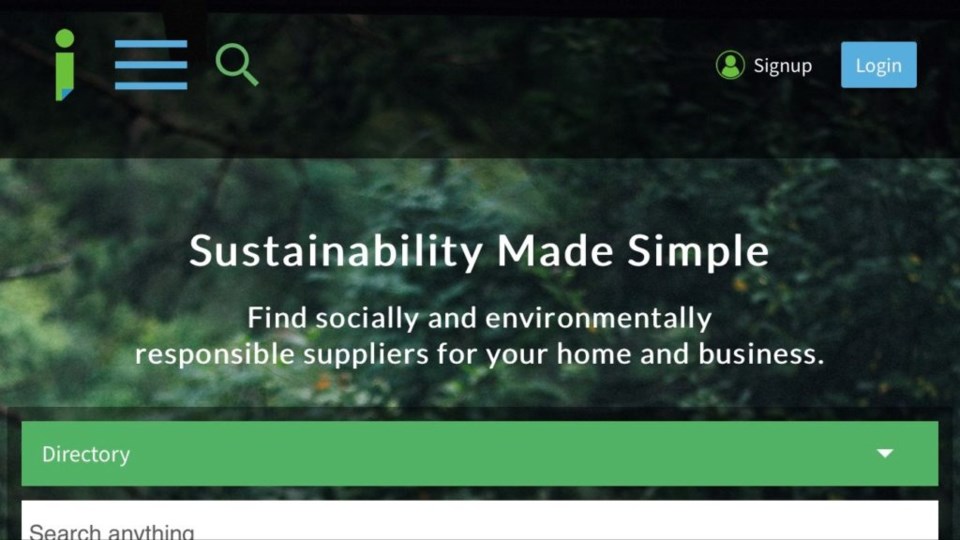For years, businesses have been making claims about their green efforts and sustainability without a way to verify those claims.
Now, a partnership between Intengine, a “database for sustainability,” and PricewaterhouseCoopers brings self-assessment tools to the directory’s members to help strengthen and measure their sustainability performance.
It’s one of the first startup partnerships of its kind.
Full disclosure, I am working with Intengine to promote its upcoming conference and gala where speakers from across key industries, from finance to clothing to transportation, will come together to discuss some of the largest challenges and opportunities facing our future.
The really interesting thing about database of social and environmental certifications is that it gives consumers a more balanced story so they can understand not just who claims to offer sustainable products and services, but what these companies are actually doing to make a difference.

“Consumers are tired of empty promises from greenwashed brands. They want to know that they are supporting a business they can believe in,” says Connie Linder, founder of Intengine.
Intengine’s goal is to simplify sustainability and make choices more transparent for conscious consumers – and the data shows that that’s exactly what they’re looking for. This means details about their actual certifications and production practices, instead of one broad and rigid idea of what an environmentally conscious business is and what products can or cannot be green.
“92% of consumers say that they have a more positive image of a company when the company supports a social or environmental issue,” according to the 2017 Cone Communications Study.
The key is that consumers want to know what specifically they’re buying into, and businesses that fail to communicate this message are doomed. For example, Topshop has just announced they are closing all of their US stores. Fast fashion, it seems, is on its way out. Meanwhile, the resale and thrifting industry is growing at a rate of 7 per cent per year, according to the US National Association of Resale and Thrift Shops.
Vegetarianism is on the rise in Canada. 9.4 per cent of Canadian adults considered themselves vegetarians, that’s 2.3 million people: an increase from 900,000 15 years ago, according to a 2018 Dalhousie University survey. There are debates about whether forgoing meat is in fact the only way to eat green, but the one thing for certain is that vegans and vegetarians have communicated their case in a very compelling way.
Part of the beauty of a directory that crosses industries is that it allows consumers to make their own decisions based on their values and helps at some objectivity to the greenwashed marketing we so often see.
Ada Slivinski is the Founder & Principal of Jam PR, a boutique agency focused on helping small businesses get big exposure. You can reach her at [email protected]



